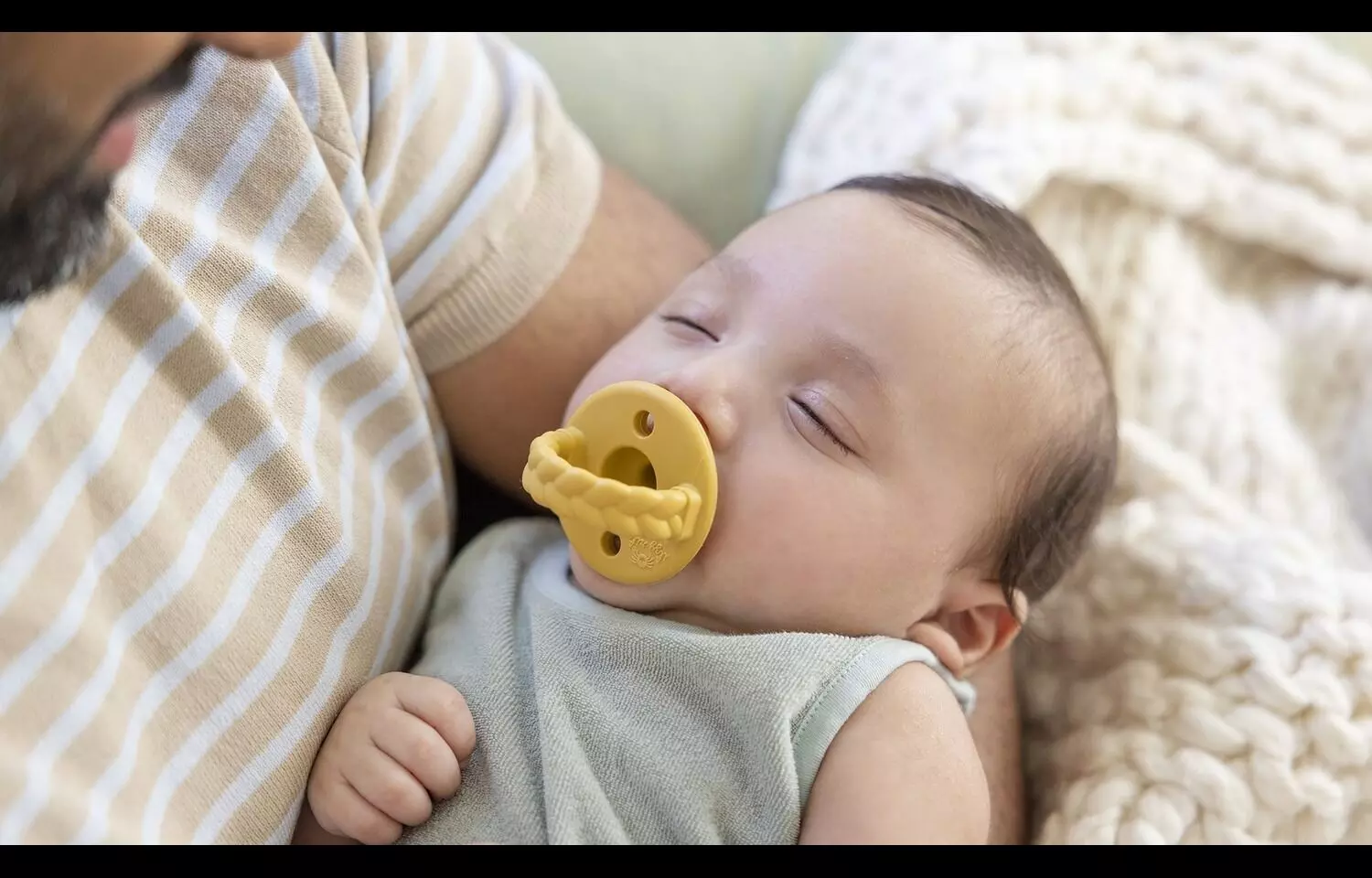Low Birth Weight, Shorter Breastfeeding, and Pacifier Use Linked to Childhood Bruxism: Study
- byDoctor News Daily Team
- 13 October, 2025
- 0 Comments
- 0 Mins

A new prospective cohort study has found that children born with low birth weight face an elevated risk of developing bruxism, a condition marked by teeth grinding or clenching during childhood. The findings indicate that while low birth weight itself heightens susceptibility, the relationship is not explained by exclusive breastfeeding, pacifier use, or mental health issues. Instead, shorter durations of breastfeeding and regular pacifier use were shown to independently increase the risk of bruxism, underscoring the importance of both prenatal and early postnatal care in safeguarding oral and developmental health. Researchers highlighted that early-life oral behaviors can play a pivotal role in shaping dental and functional outcomes. Exclusive breastfeeding for at least six months was associated with a lower incidence of bruxism, supporting its protective benefits beyond nutrition and immunity. On the other hand, pacifier use emerged as a strong contributor, possibly due to the repetitive non-nutritive sucking habit that interferes with normal oral development and jaw function. The absence of a strong association with mental health difficulties suggests that childhood bruxism is more closely tied to biological and environmental conditions from infancy rather than emotional or behavioral distress. The study emphasizes preventive strategies that begin before birth and continue through early childhood. Ensuring proper prenatal care can help reduce the prevalence of low birth weight, a significant starting point in lowering bruxism risk. Health professionals and caregivers are encouraged to promote exclusive breastfeeding for at least six months and discourage pacifier use to support healthy oral growth. These measures may help reduce the burden of childhood bruxism, which can otherwise lead to dental wear, temporomandibular discomfort, and other complications later in life. Overall, the findings highlight the interconnected influence of perinatal health, infant feeding practices, and early oral habits on long-term well-being, providing valuable insights for pediatric and public health strategies. Keywords: bruxism, low birth weight, exclusive breastfeeding, pacifier use, child oral health, prenatal care, pediatric prevention
Disclaimer: This website is designed for healthcare professionals and serves solely for informational purposes.
The content provided should not be interpreted as medical advice, diagnosis, treatment recommendations, prescriptions, or endorsements of specific medical practices. It is not a replacement for professional medical consultation or the expertise of a licensed healthcare provider.
Given the ever-evolving nature of medical science, we strive to keep our information accurate and up to date. However, we do not guarantee the completeness or accuracy of the content.
If you come across any inconsistencies, please reach out to us at
admin@doctornewsdaily.com.
We do not support or endorse medical opinions, treatments, or recommendations that contradict the advice of qualified healthcare professionals.
By using this website, you agree to our
Terms of Use,
Privacy Policy, and
Advertisement Policy.
For further details, please review our
Full Disclaimer.
Recent News
AbbVie concludes acquisition of Gilgamesh Pharma B...
- 21 October, 2025
Dr Soumya Swaminathan conferred Honorary Doctorate...
- 21 October, 2025
Bengaluru Dermatologist Sent to Judicial Custody A...
- 21 October, 2025
NMC approval to 110 PG medical seats in JnK
- 21 October, 2025
Daily Newsletter
Get all the top stories from Blogs to keep track.


0 Comments
Post a comment
No comments yet. Be the first to comment!